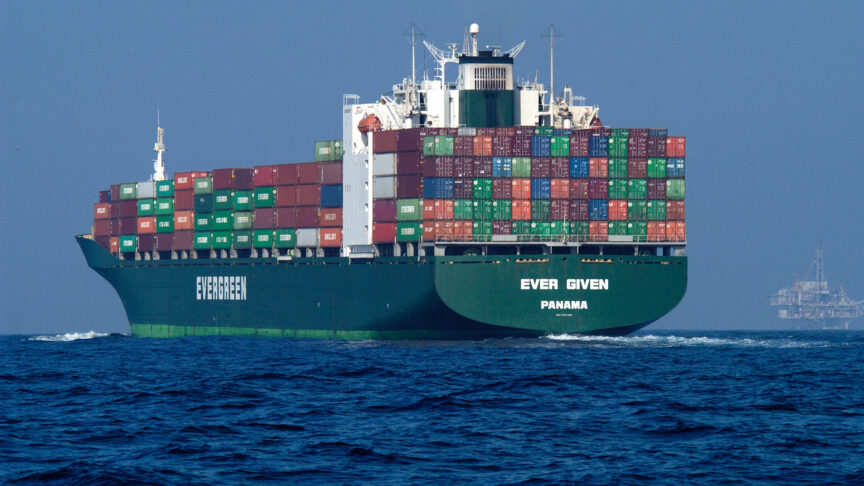
A glimpse of the future: The Ever Given and the weaponisation of choke-points
In a future, states will likely become more transactional and try to force changes in behaviour from others in exchange for the use of a platform or supply chain

Programme Coordinator, European Power programme
Geo-economics, sanctions policy, German and European foreign and security policy
German, English, Spanish, Croatian/Serbian/Bosnian, some French
Filip Medunic is the European Power programme coordinator.
Previously, he was the l
He holds a Master’s degree in International Affairs from the Hertie School of Governance, Berlin as well as BA in Management, Philosophy & Economics from the Frankfurt School of Finance and Management.
Prior to joining ECFR, Medunic was a trainee with the Council of the European Union and working student at the Centre for International Peace Operations in Berlin.

In a future, states will likely become more transactional and try to force changes in behaviour from others in exchange for the use of a platform or supply chain

Strengthening the euro would reduce the power imbalance between Europe and its international partners and competitors